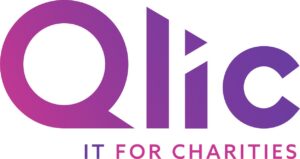Effective data management is a foundational practice for nonprofits, driving transparency, strengthening impact, and supporting compliance with data protection regulations.
This guide explores essential strategies to streamline data collection and organisation, safeguard sensitive information, and equip staff with the skills needed for responsible data handling. By implementing these best practices, your nonprofit can enhance decision-making, build trust with stakeholders, and maximise its data’s potential to advance your mission.
The Value of Data for Nonprofits
For nonprofit organisations, the strategic use of data is not just a tool but an asset that can significantly amplify their impact. By effectively collecting and analysing data, nonprofits can gain a deep understanding of their audience.
Additionally, data plays a crucial role in tracking the effectiveness of programs and allows you to measure outcomes and areas for enhancement. This insight into program performance helps nonprofits justify the value of their work to donors and stakeholders and make informed decisions about where to allocate resources.
Importance of Effective Nonprofit Data Management
Nonprofits usually hold sensitive information about donors and beneficiaries that requires protection from cyber threats. The handling of this data ensures that personal information is safeguarded against breaches, which could otherwise damage an organisation’s reputation and the trust of its stakeholders.
Furthermore, accurate and well managed data allows nonprofits to evaluate their impact accurately, report to stakeholders transparently, and strategise effectively without the risks of incorrect information guiding their decisions.
With regulations such as the General Data Protection Regulation (GDPR) setting stringent guidelines on data privacy, nonprofits must be vigilant in their data management practices to ensure compliance. Noncompliance risks fines and can lead to serious legal issues, compromising public confidence in the organisation. Therefore, robust data management practices are essential for legal and ethical adherence, reinforcing the foundation upon which nonprofits can build lasting trust and success.

Best Practices in Nonprofit Data Management
In this section, we delve into the best practices that are crucial for effective nonprofit data management. These strategies not only ensure the integrity and security of your data but also enhance its utility in driving your organisation’s mission forward.
Here are some key best practices to consider:
- Collect accurate, relevant nonprofit data
- Use a centralised database suitable for nonprofits
- Review, clean and back up your data regularly
- Keep your nonprofit data secure
- Make effective use of your data
- Provide regular staff training on data management
Let’s explore each of these best practices in more depth.
Collect Accurate, Relevant Nonprofit Data
One of the first steps in effective nonprofit data management is deciding precisely what data to collect, identifying your data sources and understanding why it is necessary. This decision should align with your organisation’s current needs and goals, while also considering potential long term goals and future scaling. Here’s how to approach this:
Define Data Collection Goals
- Identify key data types that align with your organisation’s mission (e.g., donor demographics, engagement history).
- Clarify how this data will support program evaluation, reporting, and decision-making.
Develop Structured Data Collection and Entry Processes
- Establish clear naming conventions to ensure uniformity and ease of data retrieval.
- Ensure that data entry methods are complete and consistent across all team members, maintaining high-quality data standards.
- Emphasise efficient and appropriate data handling to uphold data integrity.
Prioritise Timeliness in Data Entry
- Enter data as close to the collection point as possible to minimise errors and delays.
- Implement practices that encourage prompt data entry to ensure data is always accurate and up-to-date.
Use a Centralised Database Suitable for Nonprofits
Another key component of effective data management for nonprofits is the adoption of a centralised database. Using a centralised system for data storage and management not only streamlines access but also enhances the security and integrity of the data.
Solutions such as OneDrive and SharePoint are popular among nonprofits due to their robust functionality and integration capabilities. Both platforms offer a range of benefits and cater to different needs and operational scales.
OneDrive
OneDrive provides a straightforward and user-friendly solution for file storage and sharing, making it ideal for smaller teams or organisations that require simplicity and quick deployment.
Sharepoint
On the other hand, SharePoint offers more comprehensive features suited for larger organisations that need a powerful platform for collaboration and more complex data management. Each platform’s strengths should be evaluated against the nonprofit’s data management requirements.
Delve into a further comparison of OneDrive and SharePoint for nonprofits to determine which might be better suited to your organisation’s needs.
For organisations utilising both SharePoint and OneDrive, it can be beneficial to sync SharePoint with OneDrive in order to streamline workflows.
Review, Clean & Back Up Your Data Regularly
Regularly reviewing your data is an essential practice for any organisation to ensure compliance with regulations like the General Data Protection Regulation (GDPR). GDPR mandates that organisations should not store data or retain personal data longer than necessary, highlighting the importance of periodic data clean-ups to remove outdated or irrelevant information. Key practices for effective data management include:
Perform Regular Data Audits
- Identify and correct inaccuracies for improved data quality.
- Remove duplicate entries to streamline data and enhance reliability.
- Address any gaps in your data to ensure a complete and accurate dataset.
Optimise Database Performance
- Cleanse data by removing errors and redundant entries, which helps maintain efficiency.
- Improve data retrieval times, enabling quicker access to accurate information.
Back Up Data Routinely
- Schedule regular backups to protect against potential data loss from system failures, breaches, or unexpected events.
- Ensure backup protocols meet data governance and compliance standards and align with best practices for data security.
These practices not only streamline your organisation’s operations but also fortify your compliance with data protection laws, thereby maintaining the trust and confidence of your donors, beneficiaries, and partners.
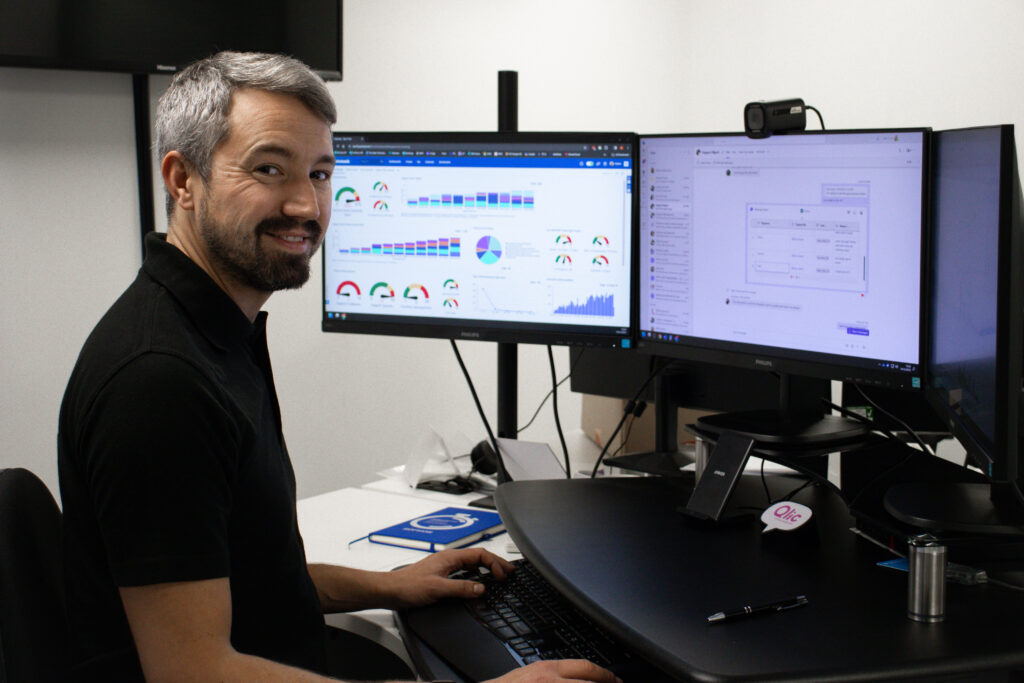
Keep Your Nonprofit Data Secure
For nonprofits, the security of data is a foundational aspect of their operational integrity. With cyber threats increasing, it is crucial to have robust security measures in place to prevent data breaches, which can lead to significant reputational damage and operational disruptions.
Key elements of strong data security include:
Understand Cyber Security Risks for Charities
- Recognise the unique cyber security challenges faced by nonprofits to mitigate risks effectively.
- Familiarise your team with the nuances of cyber security and its importance within the charity sector.
Ensure Compliance with Data Protection Regulations
- Adhere to data protection regulations to avoid heavy fines and legal complications.
- Follow the Government’s data protection guidelines to ensure that your organisation is fully compliant.
Define Roles and Responsibilities for Data Security
- Assign specific team roles to manage data security, ensuring clear accountability.
- Utilise features like SharePoint groups for access control, allowing only authorised personnel to handle sensitive information based on their roles.
Stay Current with Cyber Security Best Practices
- Keep up-to-date with cyber security best practices and trends to strengthen defences against evolving threats.
- Educate your team on emerging security measures to protect your nonprofit from potential vulnerabilities and ensure that data remains safeguarded.
Analyse and Utilise Your Data
Leveraging the full potential of the data collected is crucial for nonprofits aiming to maximise their impact. By analysing data, organisations can draw actionable insights that inform strategic decisions and enhance their operations.
Key ways to make data impactful include:
Generate Reports for Targeted Outreach
- Use data analysis to create detailed reports that guide donor outreach and fine-tune marketing initiatives.
- Ensure that resources are directed effectively, maximising outreach efforts.
Strengthen Grant Proposals
- Integrate data insights into grant proposals to showcase your organisation’s impact clearly.
- Use data to justify funding needs, reinforcing your nonprofit’s value and mission.
Identify and Cultivate Major Donors
- Analyse donor data to identify potential major donors and determine the best timing to encourage increased giving levels.
- Build strong donor relationships by aligning outreach efforts with donor behaviour and giving patterns.
By making informed decisions based on comprehensive data analysis, nonprofits can exceed their goals, maximise their impact and enhance overall efficiency.
Provide Regular Staff Training on Data Management
Another critical component of nonprofit data management is the ongoing training and development of staff. Regular training ensures that all team members are not only up-to-date on the latest procedures and technologies but also familiar with the organisation’s best practices concerning security, data entry, and management processes. Best practices include:
Comprehensive Onboarding Training
- From the outset, train staff on secure and effective data handling practices.
- Introduce specific tools and systems your organisation uses, such as databases and security software, to establish a strong foundation.
Regular Training and Updates
- Keep staff informed about new data protection regulations and emerging cyber security threats.
- Provide ongoing updates on technological advancements relevant to data management.
Reinforce a Culture of Data Integrity and Security
- Demonstrate commitment to high standards of data integrity and security through continuous staff development.
- Cultivate a culture of excellence and accountability, reinforcing the value of secure, responsible data practices.
Investing in staff training reinforces the commitment to maintaining high standards of data integrity and security.
This continuous investment in staff development is not just beneficial but essential for fostering a culture of excellence and accountability within the nonprofit sector.
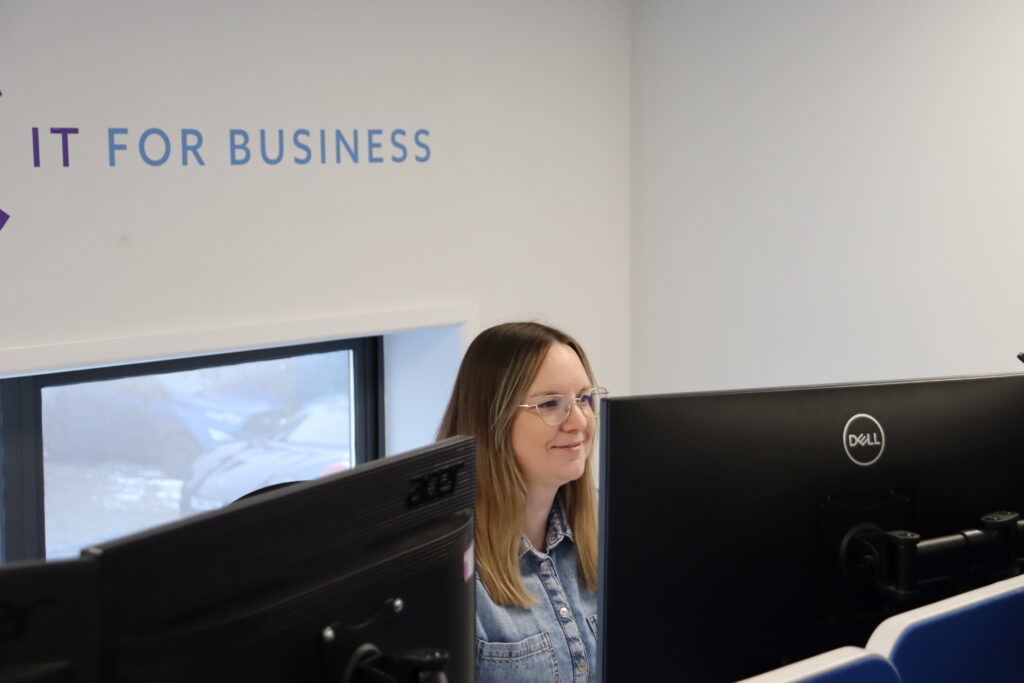
Closing Thoughts on Nonprofit Data Management Best Practices
In conclusion, it’s clear that when managed effectively, data can be a formidable asset for any nonprofit. From improving engagement strategies to streamlining operations and enhancing compliance, the advantages of proper data management are manifold.
There is immense value in collecting accurate, relevant data, the efficiency of using centralised databases like OneDrive and SharePoint. The insights gained from analysing and utilising data can lead to more informed decisions and more impactful outcomes. As well as the ongoing training of staff ensures that your team is equipped to handle data responsibly and effectively.
Adhering to these best practices is about fully leveraging the potential of data to amplify your nonprofit’s mission. Neglecting these aspects can lead to inefficiencies, compliance issues, and missed growth opportunities. Embracing these best practices in data management is essential for any nonprofit looking to thrive and make a meaningful impact in their community.
GET IN TOUCH
Would your charity like to find out more about data management best practices and solutions? Book your FREE Consultation with our IT experts at Qlic IT by clicking the button below.
